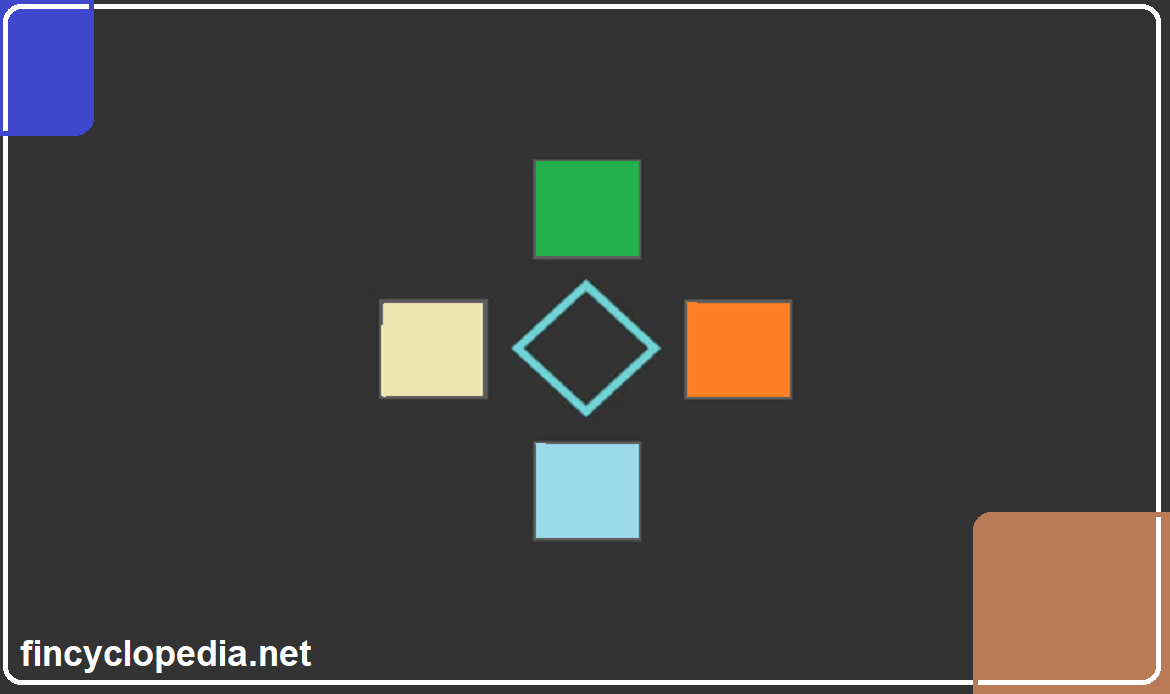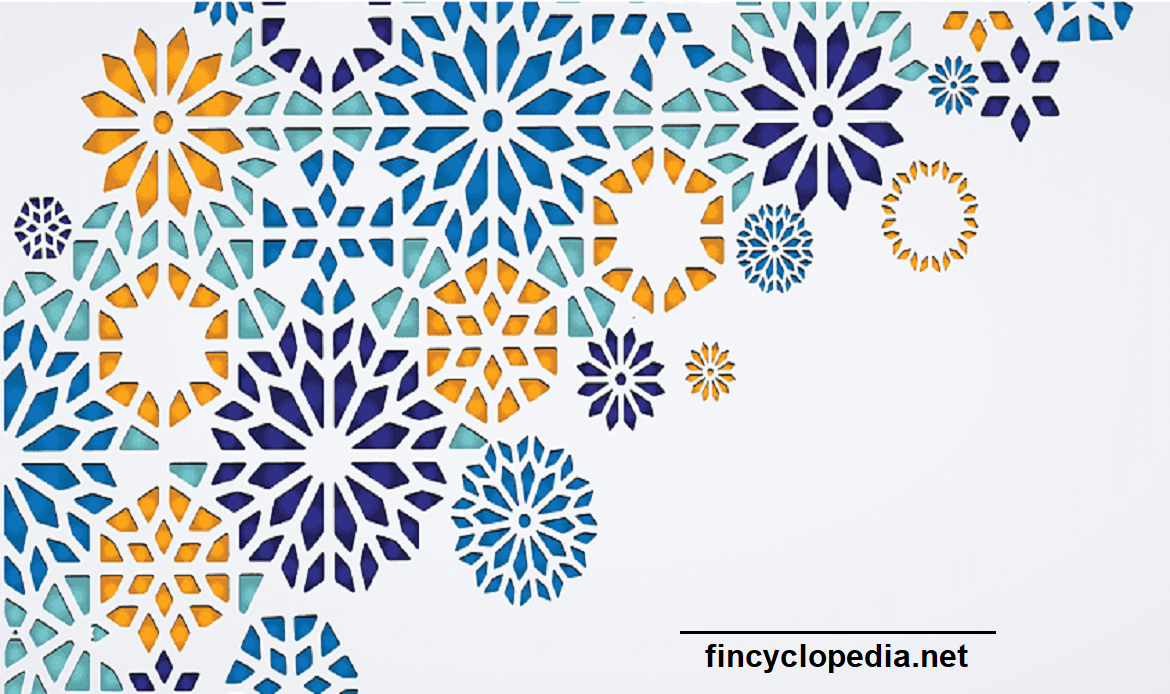Salam is a type of sale (ba’i) in which the price (the capital of salam) is paid in advance while the object of sale is to be delivered at some specified time in the future. The seller gets, at the contracting session (majlis al-aqd), the money needed in exchange of an obligation to deliver the subject matter later.
The majority of jurists (fuqaha) don’t allow salam in gold and silver currencies or monetary units (legal tender), although a few jurists have considered it legitimate and salam contract in currencies (al-sarf) has been used by a few Islamic banks as an alternative to bill discounting. Islamic shari’a prohibits the use or treatment of money (in all its forms and materials) as a commodity. Gold, silver and other metallic money like coins of copper or nickel or other metals can be used for some purposes other than as a means of payment, but nonetheless their monetary function supersedes other functions. Paper money (fiat money) can be used only in payment for goods and services, and it has no other uses.
The countervalues to be exchanged in salam are the cash price payment on the one hand and the object of sale on the other (deferred delivery). However, if the price (thaman) in salam is denominated in one currency and the commodity to be purchased/sold is denominated in another, then the salam transaction will involve a currency transaction which cannot be effected through salam. This is because the exchange of currencies requires the simultaneous payment on both sides, while in salam, delivery of the commodity is deferred. Selling money for money on a cash-deferred basis is not permissible in shari’a. According to all schools of thought (mazhahib), the price paid in salam should be in the form of money while the object of sale (al-muslam fihi) should not be a monetary value (lest the sale would lead to riba). The exchange of monetary values is typically dealt with under the rules of ba’i al-sarf (sale of currencies) and cannot be carried out through salam.







